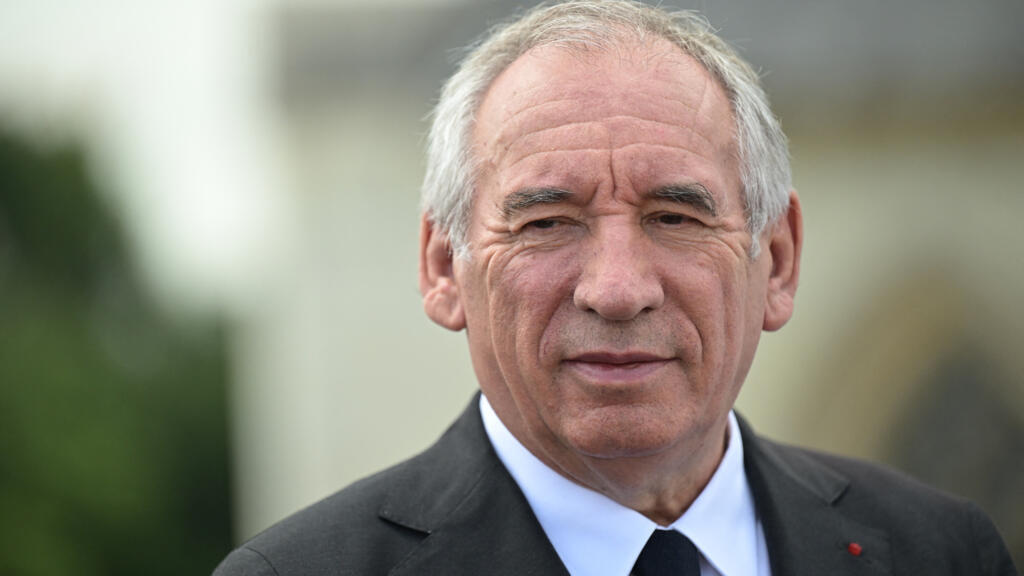On Monday, French Prime Minister François Bayrou expressed his discontent regarding the trade agreement negotiated between EU Commission President Ursula von der Leyen and US President Donald Trump over the weekend. Bayrou's remarks come amidst a growing chorus of criticism from various cabinet ministers within the French government, reflecting serious concerns about the implications of this trade deal for Europe.
During his statement, Bayrou described the day as "a sombre day for Europe," signaling the gravity of the situation and the unease felt by many regarding the terms of the agreement. His comments suggest that the trade deal could have significant repercussions for the European Union, and he expressed concern that it might undermine European interests in various sectors.
The primary focus of displeasure among French officials seems to be centered on the potential impact of the deal on agriculture and environmental standards. There is a worry that the agreement could lead to increased imports of US agricultural products, which may not adhere to the same stringent regulations that European farmers must follow. This situation raises the fear of unfair competition and could threaten local agricultural economies in France and broader EU member states.
Moreover, several critics within the French cabinet have articulated that the deal poses risks to Europe's environmental policies. The concern is that the trade agreement may prioritize economic growth over environmental sustainability, potentially leading to regulatory rollbacks that could counteract the EU's efforts to combat climate change. The trade deal exemplifies a broader tension between economic interests and environmental responsibilities, a theme that has become increasingly prominent in international negotiations.
In addition, commentators have pointed out that the timing of this trade agreement, amidst ongoing global tensions, raises questions about the geopolitical implications for Europe. As the US navigates its foreign policy landscape, the partnership forged through this trade deal could realign global trade dynamics, potentially at the expense of European cohesion and interests.
As criticism mounts, it remains to be seen how the French government—along with other EU member states—will respond to this agreement and whether any collective action will be taken to address the concerns raised by political leaders like Bayrou. The voices of dissent within the French cabinet highlight a growing apprehension that the trade deal may not only alter economic relationships but also disrupt established norms in policies related to public health, environmental protections, and fair competition.
The situation continues to evolve as more cabinet members contemplate their stances on the trade agreement and its long-term effects on Europe. Bayrou's comments may serve as a catalyst for further debate within France and the EU, as decision-makers weigh their options and consider the broader implications of the deal with the United States.
In conclusion, the critical response from French cabinet ministers signifies a potential turning point in European trade policy and highlights the necessity for negotiated agreements to take into account the diverse interests and values of EU member states.












